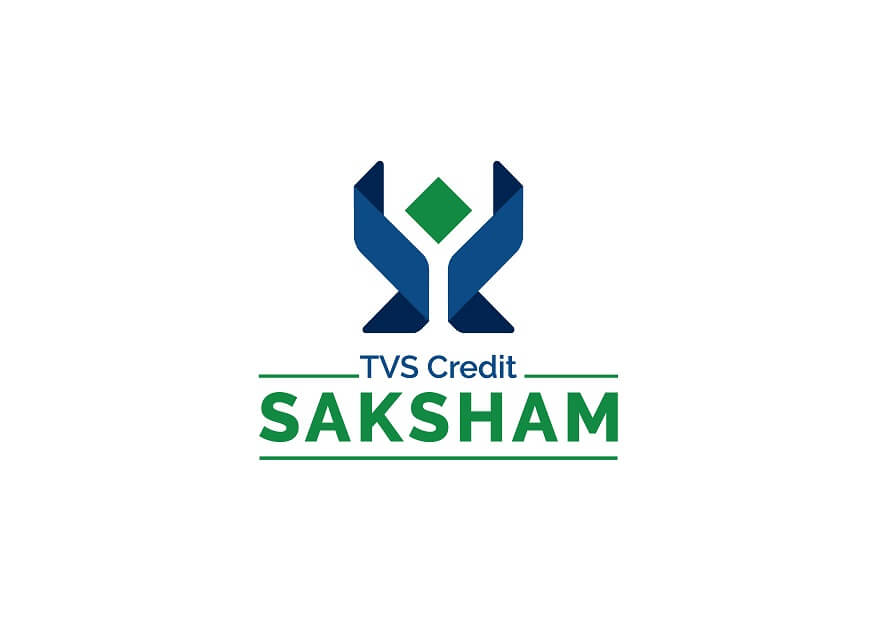As 2018 draws to a close, it marks the end of yet another eventful orbit of this planet around the sun. We have experienced yet another year of great innovations, advances and disruptions. Many a paradigm and status quo has been turned on its head. Technologies such as blockchain, Internet of Things and artificial intelligence are no longer ‘the next big thing’- they are real and making their presence felt across every sphere of our lives.
As this year disappears into the horizon and 2019 rolls in, it brings along a treasure-trove of breakthroughs, surprises, and quantum leaps. While what it holds in store is largely intelligent speculation, there definitely are skills that will hold us in good stead over the twelve months to come, and beyond.
Here, then, is our list of skills that we believe you absolutely must have in 2019.
- Creativity : While CEOs and consultants may have widely varying opinions on the other skills on this list, nearly all of them agree that creativity is the single-most important skill in the 21st-century worker’s toolkit. Be it new ways to solve workaday problems, or coming up with an entirely new product, process, or paradigm, nothing is quite so important as creativity. It is not only the fuel that drives enterprise and innovation, but also our innate ability to handle situations that are out of the ordinary – the occurrence of which is a constant in our VUCA world.
85% of the jobs of 2030 do not even exist today, a fact that makes it all the more important to know how to solve new problems. The paranoid may have survived until now, but the future belongs not so much to them as it does to the creative. - Empathy: Industries of every description are abuzz with the maxim “Customer is King”. However, this is only an empty platitude without a genuine sense of empathy.
To be empathetic is to be more than merely kind. The ability to put yourself in the shoes of your customers, co-workers, or anybody else with whom you are interacting gives you a fresh and rewarding perspective. It results in successful products, motivated employees, and effective communication, all of which make for proactive customer service, excellent employee relations, user-centered product design, and happiness all around. - Technological literacy: There simply is no aspect of life that computers haven’t touched. With just about every industry having undergone a digital revolution, it’s more important than ever to be at the cutting-edge of technological innovation even if you aren’t a programmer or another kind of technologist. Staying abreast of the latest in technology, analytics, big data, and artificial intelligence , among others in a continually-growing list, helps you understand them better and be prepared for disruptions in your field of work. Every few years, a number of professions suddenly become obsolete because of digitization. Upskilling on the digital front ensures you do not risk becoming a corporate dinosaur.
- The ability to learn, unlearn, and relearn: Alvin Toffler once famously said, “The illiterate of the 21st century will not be those who cannot read and write, but those who cannot learn, unlearn, and relearn.”
Resistance to change has been the undoing of many corporate giants that either failed, or simply ignored, the paradigm shifts happening around them. The old ways of doing things may simply not hold good anymore. It’s therefore important to know which way the winds of change are blowing, so that they are always in your sails. Keep a constant eye on your peers, competitors, and industry, in order that you are rapidly able to adapt to changes and not be wrongfooted by them.
- Appreciation of diversity : With workforces transcending regional and international boundaries, your colleagues are now more likely than ever before to be of nationalities, cultures and religions other than your own. Teams in the 21st century aren’t merely cross-functional; they cut across geographical and cultural barriers, and this is by design – diversity brings fresh perspective and insights. Equipping yourself to appreciate and embrace diversity allows you to thrive in the multicultural workplaces of today.
- Equanimity: As change occurs at a relentless pace, it is but natural that your endeavour to keep up with it shall not always bear fruit. As the adage goes, you win some, you lose some. Either way, it is important not to get too carried away by your successes, as that sows the seeds of complacence, or despondent about your failures, because that stops you trying again. Learn from every experience that comes your way, and strive to be a little better than you were yesterday.
- Focus: Right from the incessant buzzing of messaging apps on our smartphones to the near-irresistible allure of instant gratification through social media apps, the world is filled with many a sinkhole for your focus and concentration, giving rise to procrastination. Far too often, we lose sight of our goals and become sidetracked by nonessential pursuits that take up more of our attention than they are worth. Always bear in mind that the key to a successful career and life is focus, which comes from being mindful of your priorities.
- Prescience: In a world as intensely volatile and competitive as hours, it pays to be able to speculate intelligently upon the future. In this sense, it’s important to be able to forecast and anticipate the changes to the competitors, industry, and business environment. The sooner you are prepared for it, the more time you have to respond – and not react – to it.
- Numeracy: The Big Data revolution and the explosion of analytics, statistical modeling, and machine learning have made it essential to have at least a basic comfort with mathematics and numbers. While this does not necessarily call for an understanding of advanced or arcane math, it definitely pays not to shrink from number-crunching and processing numerical data.
- Openness to failure: “A ship in a harbour is safe, but that’s not what ships are built for”, wrote John A. Shedd over a century ago. This continues to ring true, particularly in these times of rapid change and constantly-evolving paradigms. There’s much to be gained from taking calculated risks and getting some skin in the game, but fortune only favours the brave. While taking the leap, it’s important to be ready to accept and learn from failure, in order that your future attempts meet with success.
- Speed: The faster, the better! This VUCA world leaves little time to adapt. It’s important to be proactive, nimble, and ready to act, so that you may grab opportunities the instant they arise, and also ferret out opportunities well before the competition so much gets a whiff of them.
- Cross-skilling: Consultants often wax eloquent about the T-shaped professional. While it definitely is important to have an in-depth expertise of one’s area of business, it pays handsome dividends to invest in gaining the ability to function outside of one’s core area, in order that you may be able to collaborate better outside your own field and be a star performer.
- Humility: Pride cometh before a fall! Arrogance and complacence have resulted in the failure of many a promising professional and organisation. Steer clear of the temptation to rest on your laurels, be mindful of your weaknesses, and have the attitude to learn from everyone and everything.
- Customer-centricity: You may report to your manager, who may, in turn, report to another person in the hierarchy, but neither you, nor anybody else in your company, can afford to lose sight of the ultimate boss – the customer. Every aspect of the organisation – right from sales, to finance, operations, and even human resources – must constantly review their decisions in light of the value they bring to the customer. Keeping him at the heart of every activity and initiative shall result in the creation of a well-oiled machine that delivers delight every single time to the person who truly matters.
- Design thinking: With empathy and a relentless focus on the customer holding the key to success, it’s important to have a framework to turn these ideals into products and services that deliver delight. Design thinking, with its user-first focus, allows for the creation of value by having practitioners define the problem from the user’s standpoint, empathizing with their needs, and continually testing assumptions to achieve better results through iteration. This approach places the customer at the focal point of every stage of product development, enabling you to build a product that meets his needs, not a myopic assumption thereof.
- Systems thinking: Think of yourself as a player on a football team. Your job is not only to kick the ball, but also to ensure that it is passed on to another player who, in turn, takes it closer to the goal. Systems thinking operates on this paradigm. It helps understand how every system in the organisation integrates into the bigger system that delivers results. Understanding what your role is, and how it contributes to the greater good of the organisation, helps you get your bearings right and act in a manner that benefits everybody – including yourself.
- The what’s-next mindset: Everything you do has a far-reaching impact. To understand what results, challenges, and opportunities your actions will give rise to enables you to be prepared for them beforehand. This lets you define your strategy for them well before they arise, giving you a near-unassailable advantage.
- Financial literacy: It isn’t only accountants and investment bankers who need to be conversant with finance. Understanding the financial realities of your organisation, as well as your own life, lets you take decisions that optimise the use of your resources, thus letting you make the most of them. Keep in mind the rise and fall of costs, inflation, the movements of the stock markets, and every other signal from the wonderful world of finance, and you will always find yourself with a wealth of possibilities.
- Appreciation of the big picture: Your job at work isn’t an end in itself; it contributes to the bigger picture. This perspective lends a new sense of meaning to your work, powering you with a sense of responsibility and purpose.
You will notice that these skills are not new-fangled buzzwords that lack any intrinsic meaning; they are timeless skills that will keep you strong at the core of your being as the world around you changes at an incredibly fast pace. Living, as we are, in a constant state of flux, it’s important to be able not only to stay afloat, but also to ride every wave upon the ocean of time. As 2019 promises immense possibilities, it also throws up challenges and pushes us to become a little better than we were last year. Here’s an opportunity to become stronger, faster, nimbler, and more creative and empathetic than we were in 2018.












